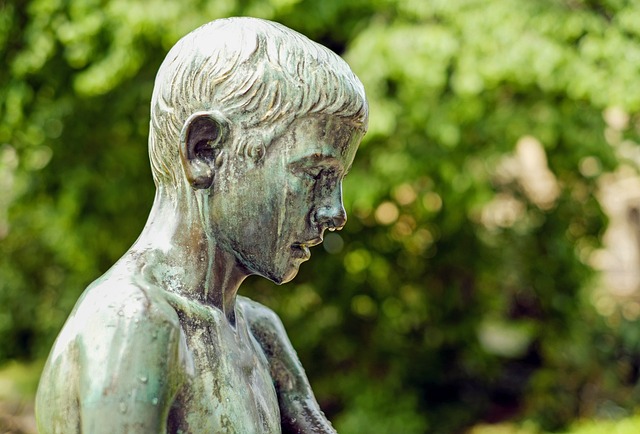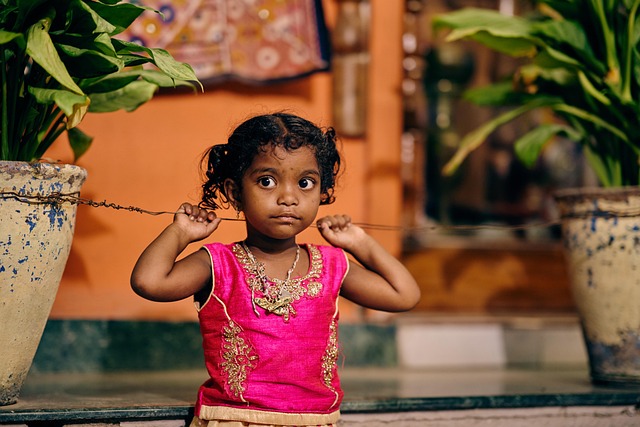In Carmel, Indiana, understanding the profound impact of child abuse on education is vital. This article delves into the intricate relationship between abuse and academic performance, exploring how it hinders learning and development. We examine the legal protections and support systems available to abused children, with a focus on Indianapolis IN, and highlight community resources dedicated to prevention. By leveraging insights from legal experts and community leaders, we aim to empower parents, educators, and advocates in their fight against child abuse.
The Impact of Child Abuse on Academic Performance
Childhood abuse, whether physical, emotional, or sexual, can have profound and lasting effects on a child’s development, including their academic performance. In Carmel, Indiana, where there is a growing awareness of child protection issues, it’s crucial to understand how abuse can disrupt a child’s education. Victims of abuse often struggle with concentration, memory, and motivation in the classroom. These challenges are not just immediate; they can persist into adulthood if left unaddressed.
A child abuse lawyer in Indianapolis, IN, might highlight that the impact extends beyond individual experiences. Abused children may exhibit behavioral issues, leading to increased absenteeism and a higher risk of dropping out. This cycle of trauma and underperformance can create a significant learning gap, affecting their ability to fully benefit from educational opportunities. As such, early intervention and support services are essential to break this cycle and ensure these children receive the help they need to thrive academically.
Legal Aspects and Support Systems for Abused Children in Carmel
In Carmel, Indiana, the legal system plays a crucial role in addressing and preventing child abuse. If a child is suspected to have been abused or neglected, local authorities, including the Indiana Department of Child Services (DCS), intervene to ensure their safety. A child abuse lawyer in Indianapolis, IN, can guide families through this complex process, advocating for legal protections and services tailored to each unique situation. These may include emergency custody orders, dependency proceedings, and other measures designed to remove immediate threats and provide a stable environment for healing.
Support systems are vital for abused children and their families. Local non-profit organizations, community centers, and schools often offer resources such as counseling services, after-school programs, and mentorship opportunities. Additionally, government initiatives like the Child Protective Services (CPS) unit within the DCS work to connect families with necessary resources, including financial aid, housing assistance, and medical care. Collaboration between legal professionals, social services, and community organizations ensures a comprehensive approach to supporting abused children in their journey towards education and overall well-being.




